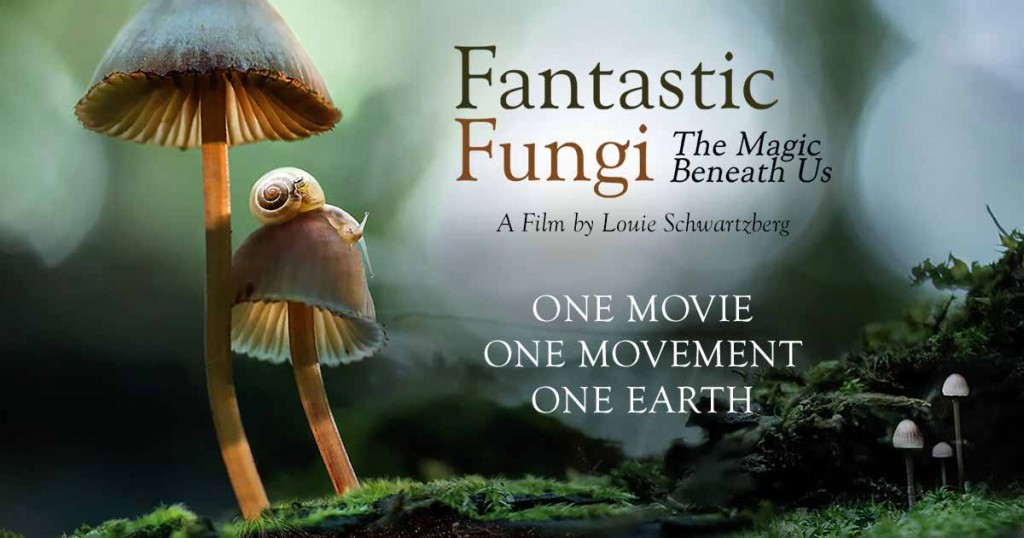Omniscient Voice of Godless Narration
Happy holidays, filmmakers around the globe!
You heard it here first. Omniscient narration is making a comeback, and it’s not the Voice of God. We’re currently writing narration for two documentaries, and all of the directors we work with employ some vehicle for exposition.
Silent text on screen was the first exposition device to replace voiceover narration in our godless post-modern era. It remains popular.
But now, the deep authoritative male voice is being further supplanted by the feminine Voice of Fungi. Or, the poetic voice of a 10,000 year-old woman in “I Am Belfast” (2015). Or, the gentle murmur of actress Samira Wiley in “Night on Earth,” (2020), a recent British nature series on Netflix.
Make way, narrator David Attenborough!
Let’s get back to “Fantastic Fungi: The Magic Beneath Us” (2019). “She” is plural, and speaks directly to the viewer:
“When you sense the oneness, you are with us,” begins Actress Brie Larson (a “Captain Marvel” star). “Whether you believe in us or not…we are the wisdom of a billion years, we are creation, we are resurrection…we are [wait for it] mushrooms!”
Nice work, director Louie Schwartzberg!
Here’s an example of a female narrator who is both singular and plural, personifying a city in director Marc Cousins’ ode to Belfast:
“I was beautiful once, but I wonder if I became ugly. And if so, what made me ugly?”
Of course, the new narration is not all female. But it is personable.
For more examples to inspire your own works-in-progress, check out:
- The grandfatherly croon of Morgan Freeman in “March of the Penguins,” (2005).
- The husband and wife narrating team in “The Biggest Little Farm” (2018).
- The single voice of a rap artist over 112 minutes in “Tupac: Resurrection” (2003).
- The bright heralding of Tiffany Shlain in “The Future Starts Here” (2014) and “Connected” (2010)
Real quick: The deadline for ITVS’s Open Call funding opportunity is December 18th, 2020. We can help you apply.
